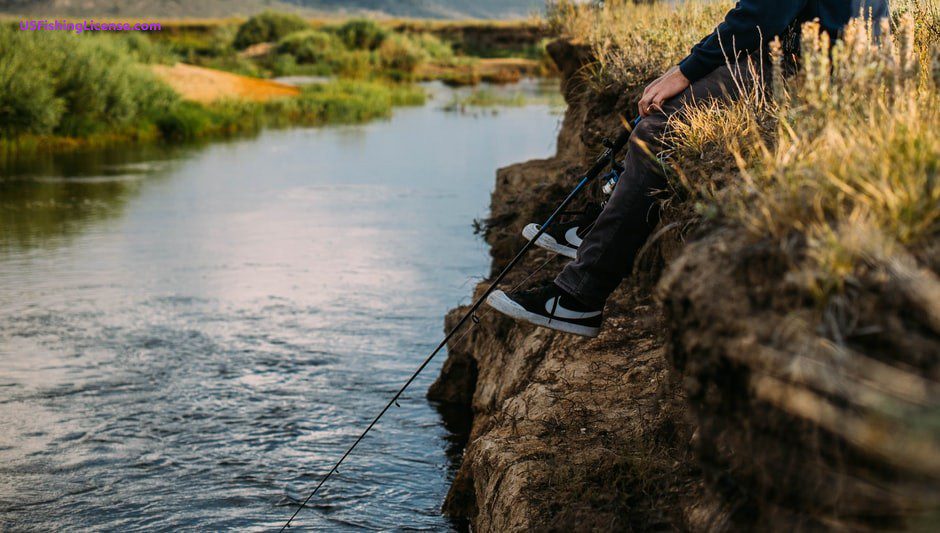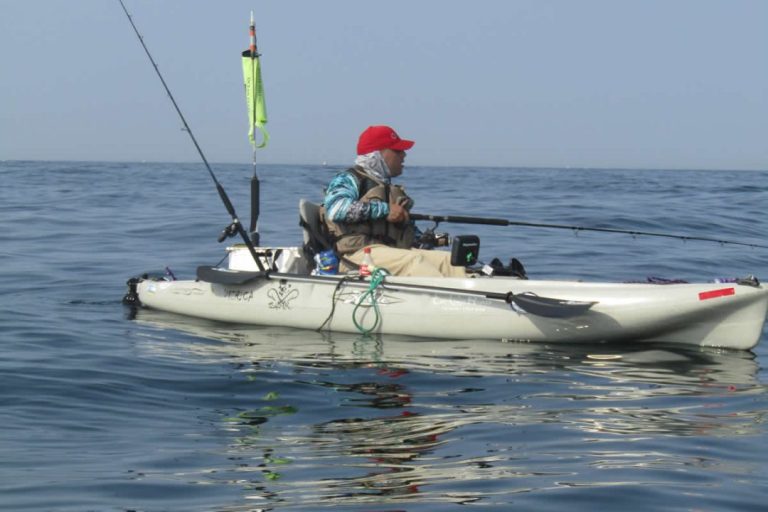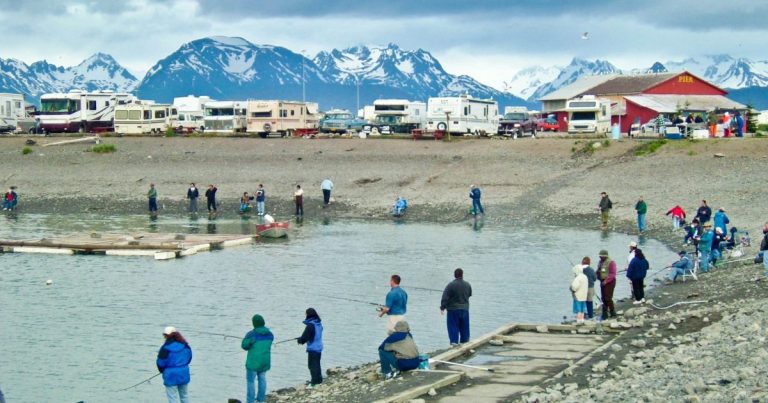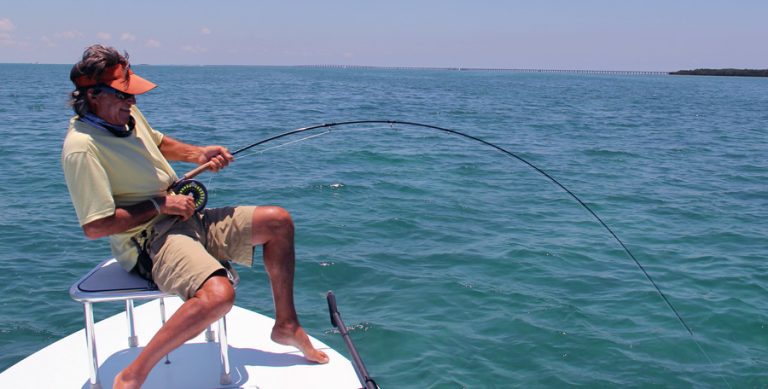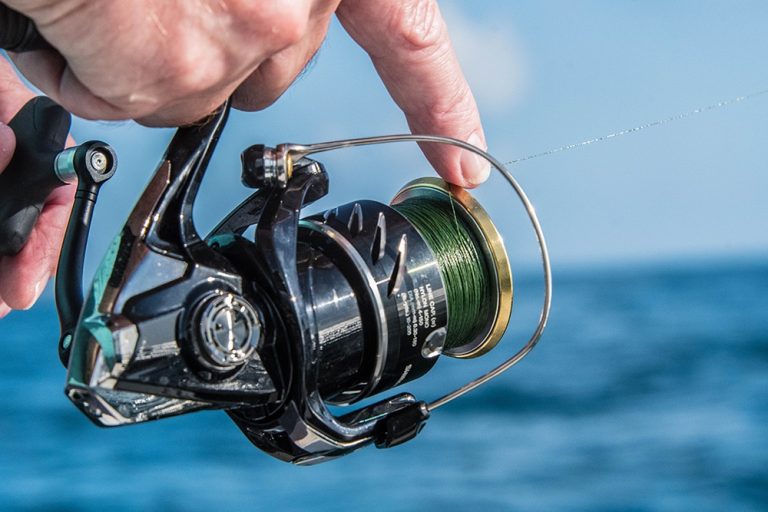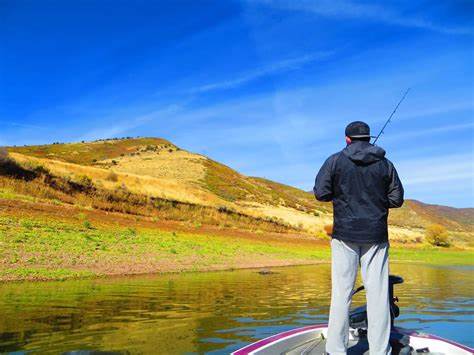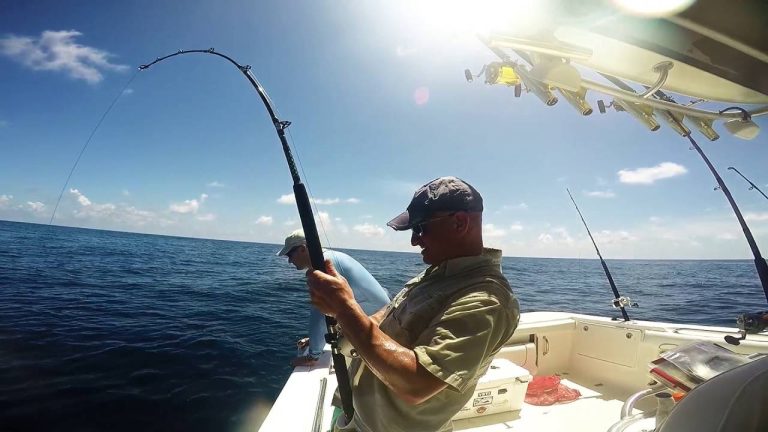Obtaining a fishing license in New Jersey is essential for anyone wishing to enjoy the state’s abundant fishing opportunities while contributing to conservation efforts. This guide will provide you with a detailed overview of the types of licenses available, their costs, eligibility requirements, and the steps to purchase your license. Whether you’re a resident or a visitor, this article will equip you with all the information you need to get started.
Understanding the Importance of a Fishing License
Fishing licenses are not just a formality; they play a crucial role in the management and conservation of fish populations. The fees collected from fishing licenses fund vital conservation programs, habitat restoration, and public access initiatives. By purchasing a fishing license, you contribute to the sustainability of New Jersey’s natural resources, ensuring that future generations can enjoy the same fishing experiences you do today.
Who Needs a Fishing License?
In New Jersey, anyone aged 16 and older must possess a valid fishing license to fish in freshwater, including both public and private waters. However, there are specific exemptions:
- Residents aged 70 and older: They do not require a fishing license or trout stamp but must carry proof of age, such as a driver’s license.
- Anglers under the age of 16: They are exempt from needing a license.
- Farmers and their immediate family members: They do not need a license to fish on their own property.
Understanding who needs a fishing license is essential for compliance with state regulations and to ensure that you are fishing legally.
Types of Fishing Licenses and Costs
New Jersey offers a variety of fishing licenses to cater to different needs. Below is a comprehensive table summarizing the types of licenses available and their associated costs:
| License Type | Eligibility | Cost |
|---|---|---|
| Resident Licenses | ||
| Annual Fishing License | Ages 16-64 | $22.50 |
| Annual Senior Fishing License | Ages 65-69 | $12.50 |
| Trout Stamp | Ages 16-69 | $10.50 |
| All-Around Sportsman License | Includes fishing, hunting | $72.25 |
| Non-Resident Licenses | ||
| Annual Fishing License | $34.00 | |
| 7-Day Vacation Fishing License | $19.50 | |
| 2-Day Vacation Fishing License | $9.00 | |
| Non-Resident Trout Stamp | $20.00 |
Special Programs and Discounts
New Jersey also offers several special programs and discounts to make fishing more accessible:
- Buddy License Program: This program provides nearly 50% off for two new anglers or a current and a new angler purchasing licenses together.
- Free Fishing Days: No license is required on designated days, such as June 1 and October 19, 2025. These days are designed to encourage more people to try fishing without the barrier of cost.
How to Purchase a Fishing License
Purchasing a fishing license in New Jersey is a straightforward process that can be completed in several ways:
1. Online Purchase
- Website: Visit the New Jersey Division of Fish & Wildlife license website.
- Requirements: You will need an NJ Driver’s License to purchase online. Licenses can be printed at home for immediate use.
2. In-Person Purchase
- Licensed Agents: You can visit a licensed agent throughout the state. To find an agent near you, use the License Agent Locator app available on the New Jersey Division of Fish & Wildlife website.
3. Phone or Email Assistance
- Contact Information: For assistance, you can call 908-637-4125 or email NJDFWLicenses@dep.nj.gov.
Additional Requirements
When obtaining a fishing license, you must be aware of additional requirements that may apply:
- Conservation Identification Number (CID): This number is required for all license holders. First-time applicants can obtain a CID when creating a customer account on the license website or at an agent.
- Display Requirement: Licenses must be visibly displayed on outer clothing while fishing to comply with regulations.
- Child Support Certification: This must be completed annually before purchasing a license.
Conservation Efforts in New Jersey
Fishing license fees support various conservation initiatives, including habitat restoration and public access to fishing opportunities. The funds collected are vital for maintaining healthy fish populations and ensuring that fishing remains a sustainable activity. By purchasing a license, you are actively participating in the stewardship of New Jersey’s natural resources.
Conclusion
Obtaining a fishing license in New Jersey for 2025 is a simple yet essential process that supports conservation efforts and allows you to enjoy the state’s rich fishing opportunities. Whether you are a resident or a visitor, there are various license options to suit your needs. Remember to follow all regulations, display your license while fishing, and take advantage of the programs available to enhance your fishing experience.
For more detailed information and to purchase your license, visit the New Jersey Division of Fish & Wildlife website.
Do I need a separate license for freshwater and saltwater fishing in New Jersey?
Yes, New Jersey offers separate licenses for freshwater and saltwater fishing. However, you can also purchase an all-water fishing license that covers both freshwater and saltwater fishing privileges.
Can I use my New Jersey fishing license in other states?
No, your New Jersey fishing license is only valid within the state’s boundaries. If you plan to fish in other states, you’ll need to obtain the appropriate license for that specific state.
Are there any discounts available for fishing licenses in New Jersey?
Yes, New Jersey offers discounted licenses for seniors (ages 65 and older), disabled veterans, and youth (ages 16-17). Additionally, some licenses may be free for certain groups, such as disabled veterans who are residents of New Jersey.
Can I purchase a fishing license that covers multiple years?
No, fishing licenses in New Jersey are issued annually and must be renewed each year. However, the renewal process is typically straightforward, and you can purchase your new license online or through authorized agents.
What happens if I’m caught fishing without a valid license in New Jersey?
Fishing without a valid license in New Jersey is considered a violation of state regulations and can result in fines or penalties. It’s essential to obtain the appropriate license before engaging in any fishing activities to avoid legal consequences and contribute to the state’s conservation efforts.



